Star Wars Jedi: Fallen Order Marks A New Hope For The Series’ Games
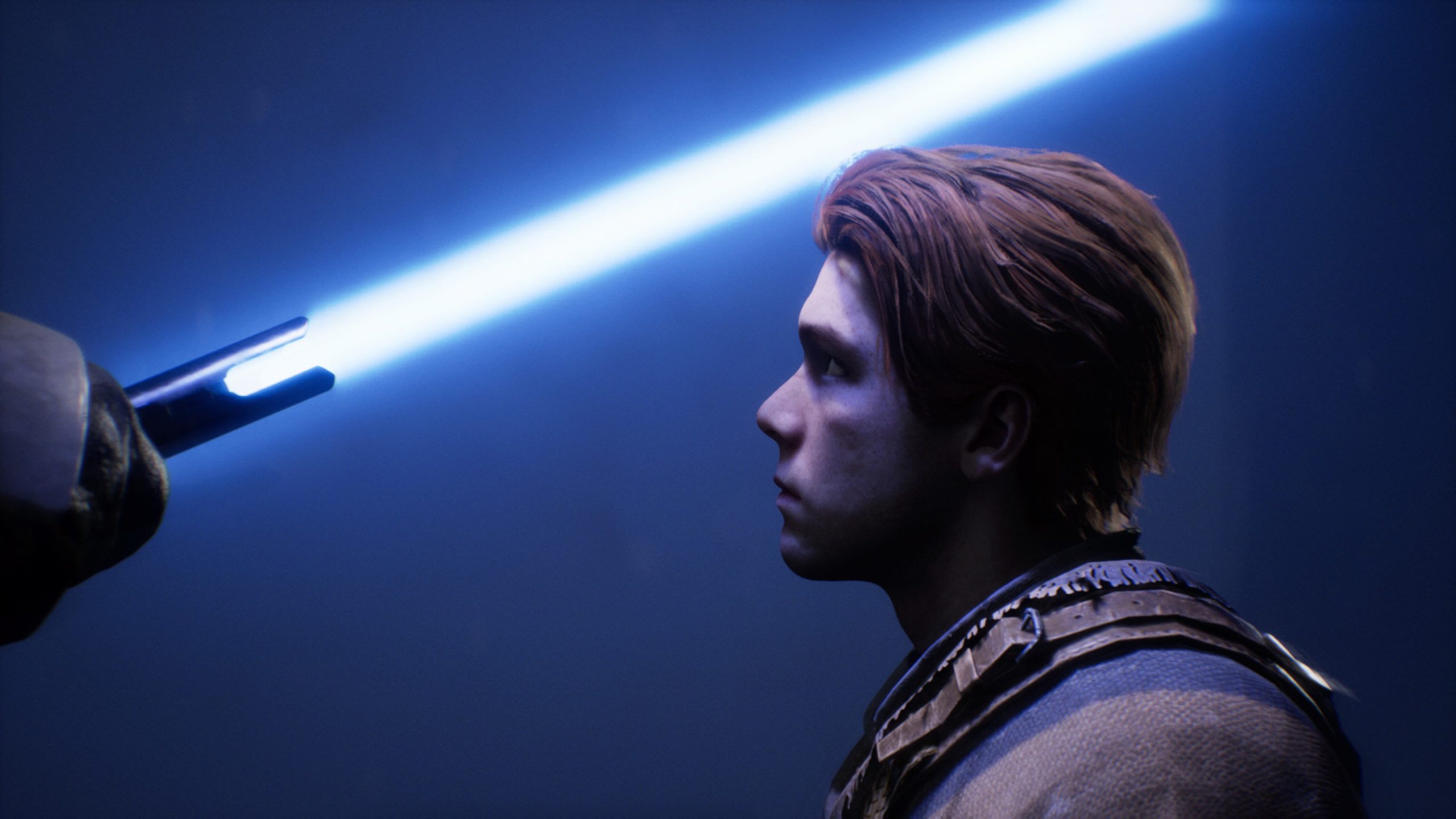
Platform: PS4, Xbox One, PC
Genre: Metroidvania, Soulsborne-lite, & Uncharted-lite
For over four decades of its franchise, Star Wars has translated pretty well into video games. Putting aside all the shooters and racing games we’ve received, games that really allow players to live the fantasy of being a Jedi have ranged from being great (Raven Software’s Star Wars Jedi Knight II: Jedi Outcast in 2002 and Bioware’s Star Wars: Knights Of The Old Republic in 2003) to decent if flawed (LucasArts’ Star Wars: The Force Unleashed in 2008).
It’s been a long, long time since we’ve received a great Star Wars game. One could even say that we’ve experienced a Great Star Wars Games Purge of some kind. EA squandered the potential of the Star Wars franchise in video games when they acquired the rights and licensing in 2013, with only two mediocre Battlefront games under their belt since then.
Just when all hope seemed lost, Respawn Entertainment came to shine the Light Side of the Force, and restore hope to Star Wars fans; that Star Wars games could be great again.
That is why I’m extremely happy to say that Star Wars Jedi: Fallen Order is not only the best game to bear the franchise name in recent memory, but it is also one of the best Star Wars games ever made, period.
A Veritable Star Wars Fiesta
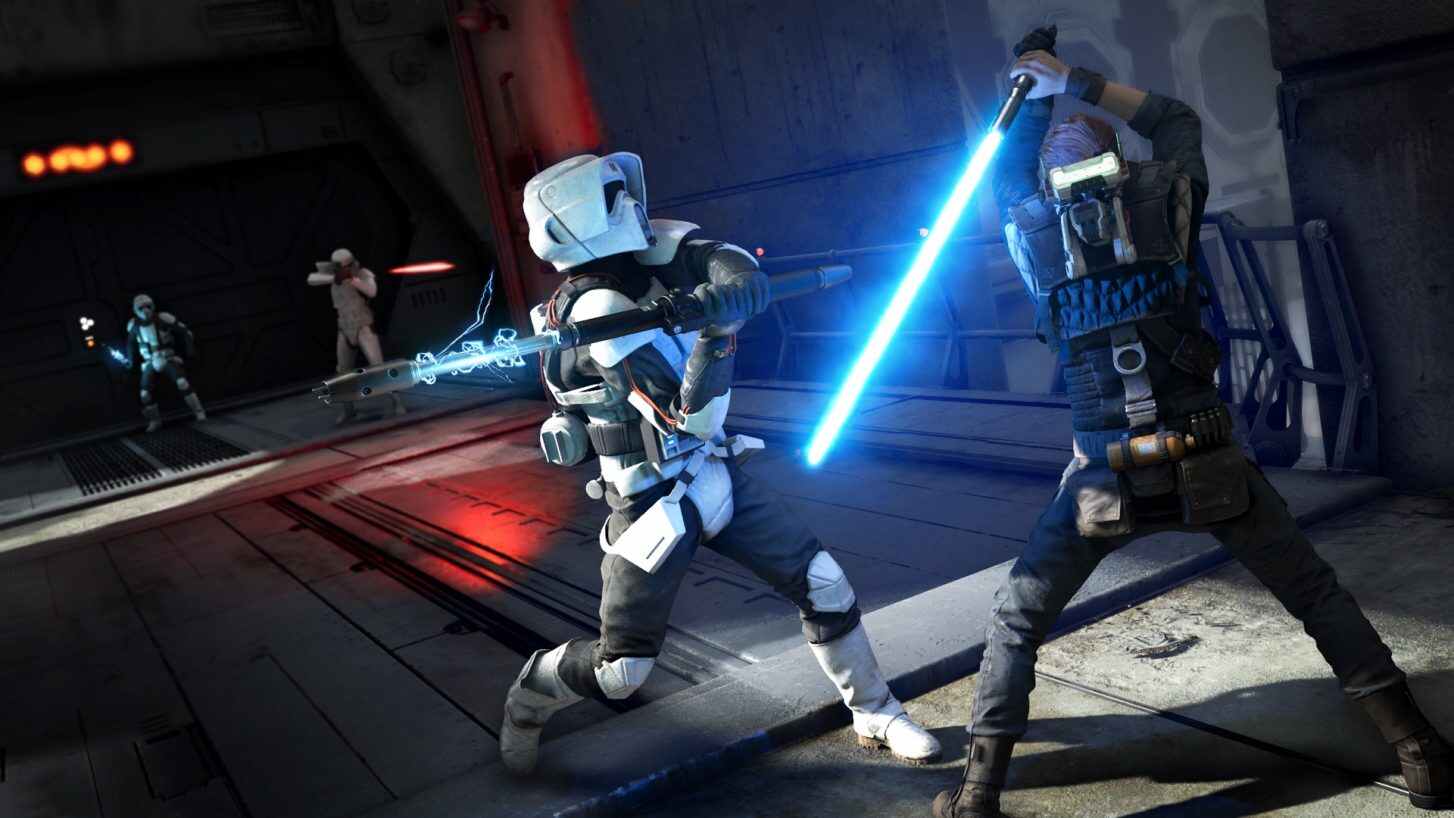
Star Wars Jedi: Fallen Order features a dark and bleak story, appropriate considering the timeline of the game’s setting. It takes place five years after the events of Star Wars Episode III: Revenge Of The Sith, and predates anything we’ve seen in either the Star Wars Rebels animated series, Rogue One: A Star Wars Story, and Star Wars Episode IV: A New Hope.
That puts the game in an interesting position plot-wise, as it is very much considered just as canon to the franchise as the aforementioned movies or animated shows.
The galaxy is still getting used to rule of a newly-risen Empire, even as most of its inhabitants still struggle and recovering from the trauma and devastation left behind by the Clone Wars.
In fact, the majority of the story in Star Wars Jedi: Fallen Order directly explores the direct ramifications of the Clone Wars more than any other Star Wars property. None of the movies or animated shows really delved into how the Clone Wars affected the galaxy.
It was deemed a mere footnote in history, which is ridiculous considering how it’s only been several years since it happened in the canon’s timeline (though the Empire might have been actively suppressing information on the Clone Wars, just like they did for the Jedi). The real world never forgot the horrors of World War 2 and that happened about half a century ago, so why would the Star Wars universe just forget about the Clone Wars?
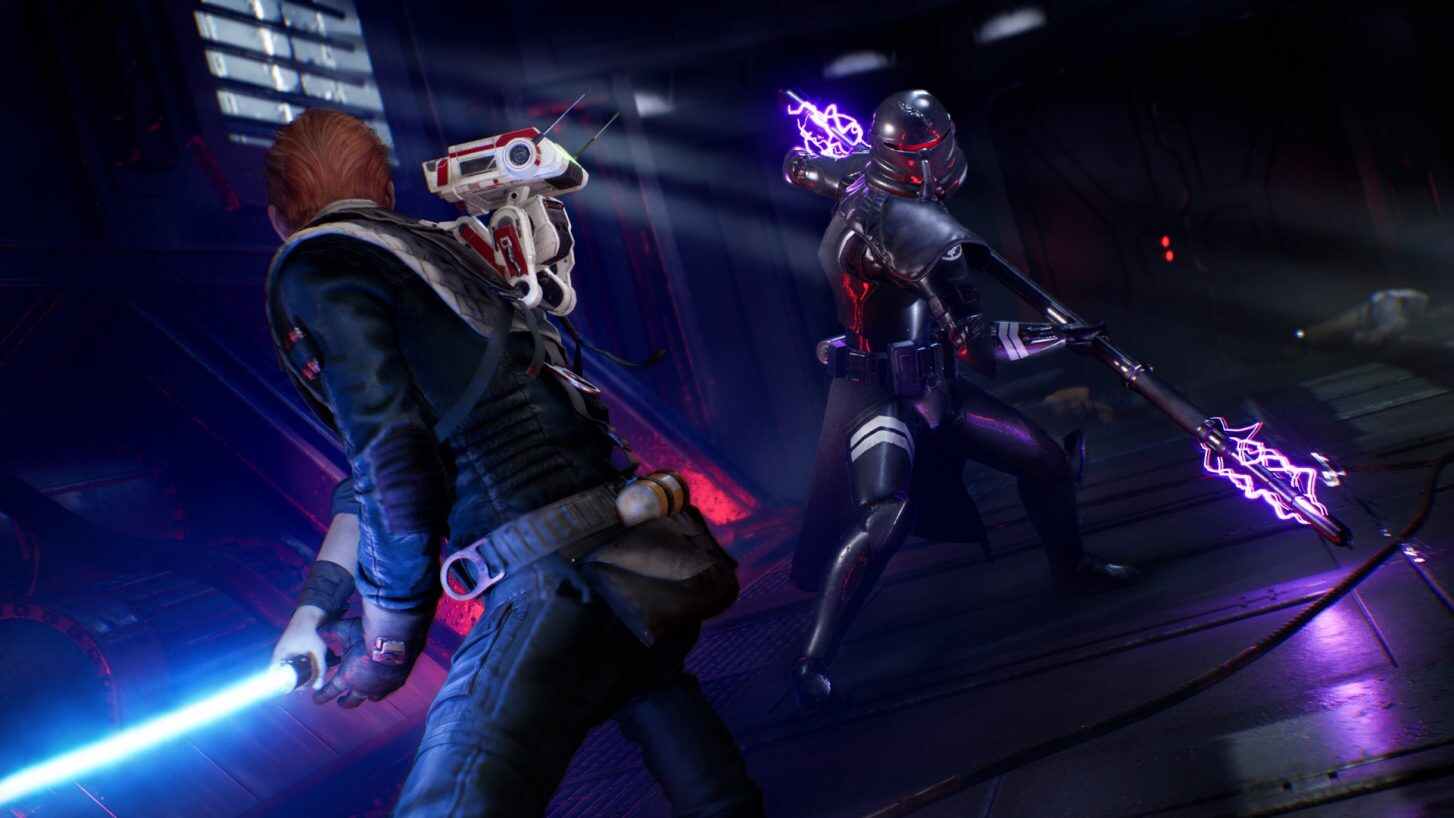
That’s where Star Wars Jedi: Fallen Order comes in. The game starts with former Jedi Padawan Cal Kestis (portrayed with motion-capture technology by Cameron Monaghan, best known for having played the Jerome/Jeremiah Valeska AKA the Joker in the Gotham TV series) in hiding on the scrap planet Bracca.
When he was forced to use the Force to save his friend, the Inquisitors (former Jedi who turned to the Dark Side and now hunt other Jedi for the Empire) were alerted to his presence. Fortunately, he was then saved by another former Jedi named Cere Junda (Debra Wilson) and pilot Greez Dritus (Daniel Roebuck). They then embark on a galactic journey to find a Holocron containing vital information to restore the fallen Jedi Order (see what I did there?), with the Inquisitors and the Empire on their trail.
Throughout the journey, we learn that both Cal and Cere have something in common; their traumatic experience of surviving the Clone Wars and bitter remorse over being the only remaining Jedi alive (survivor’s guilt, so to speak).
I was frankly expected more from Monaghan (I even listed him as one of my favourite all-time Jokers), but he seems disinterested most of the time, and a generic good-guy protagonist the rest of the time.
Kyle Katarn he is not.
He’s not bad, but I would have loved to have seen more emotion from the actor. Fortunately, Wilson’s performance as Cere helps pick up the slack, as she looks believably more disturbed by her trauma and past mistakes than Cal is. Together, they make a decent pairing, though the chemistry never reaches the likes of say, Hayden Christensen’s Anakin Skywalker and Ewan McGregor’s Obi-Wan Kenobi.
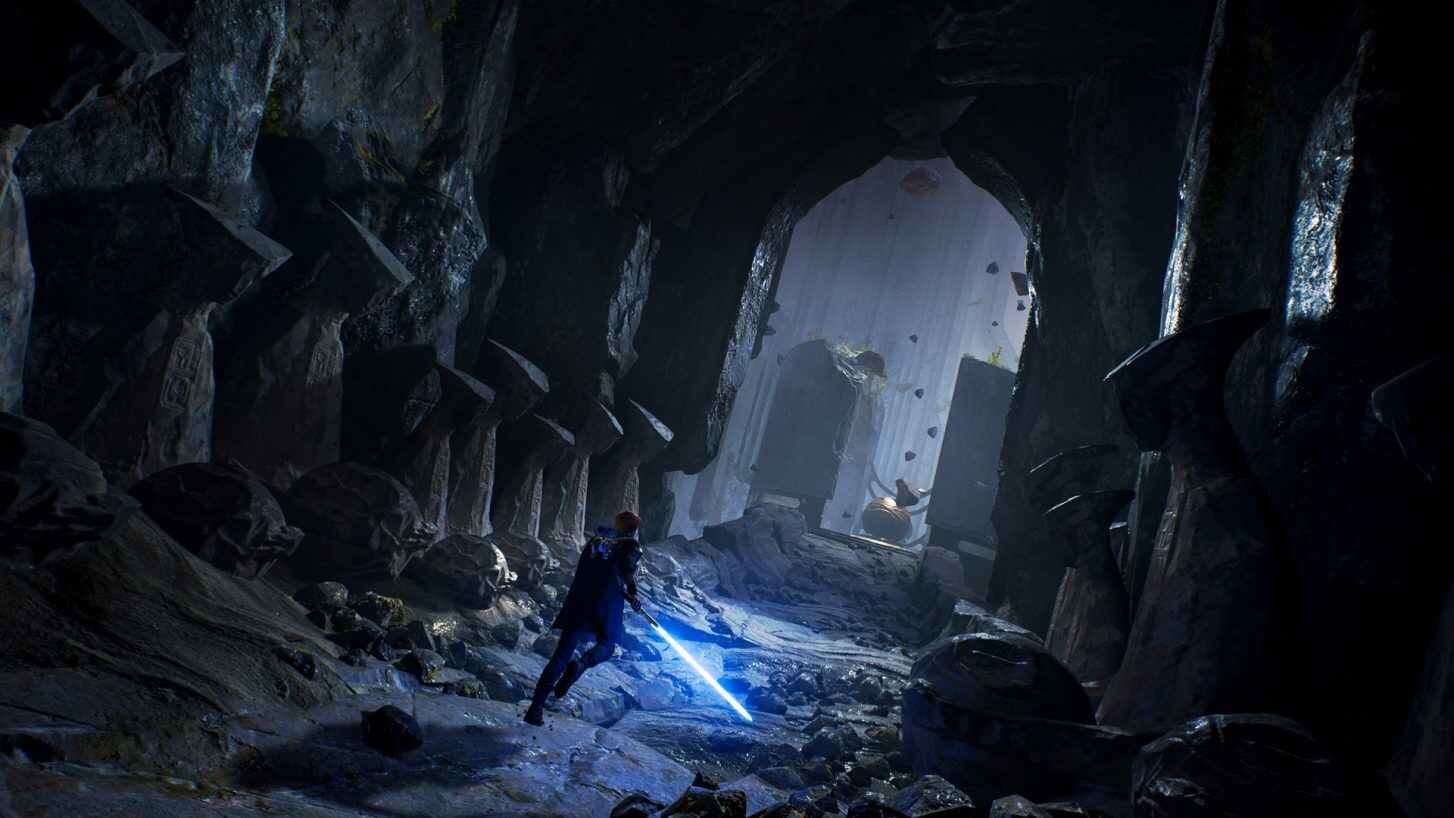
The supporting characters and antagonists are great too. I grew expectedly close with the charming and adorable droid companion BD-1 in my adventure, but I never expected to even like the crusty and grumpy pilot Greez Dritus, who has a softer side than he would admit.
The antagonist, Second Sister, is also a highlight of the game, portrayed by Elizabeth Grullon, who plays the role with depth and a menacing glee that is seldom seen in the often one-dimensional Inquisitors seen in the Star Wars Rebels animated series (which is where these Jedi hunters were introduced into canon in the first place).
All in all, Star Wars fans are in for a treat of epic proportions. The amount of extensive franchise lore contained in this game is massive and detailed. I was pleasantly surprised by how the writers of this game have managed to derive from lesser-known corners of Star Wars canon.
One of the planets you can visit features a story that’s essentially a continuation of a plot thread from the Star Wars The Clone Wars animated series, while a quest on another planet confirms a long-gestating fan theory and explains a plot hole in Star Wars Episode VII: The Force Awakens.
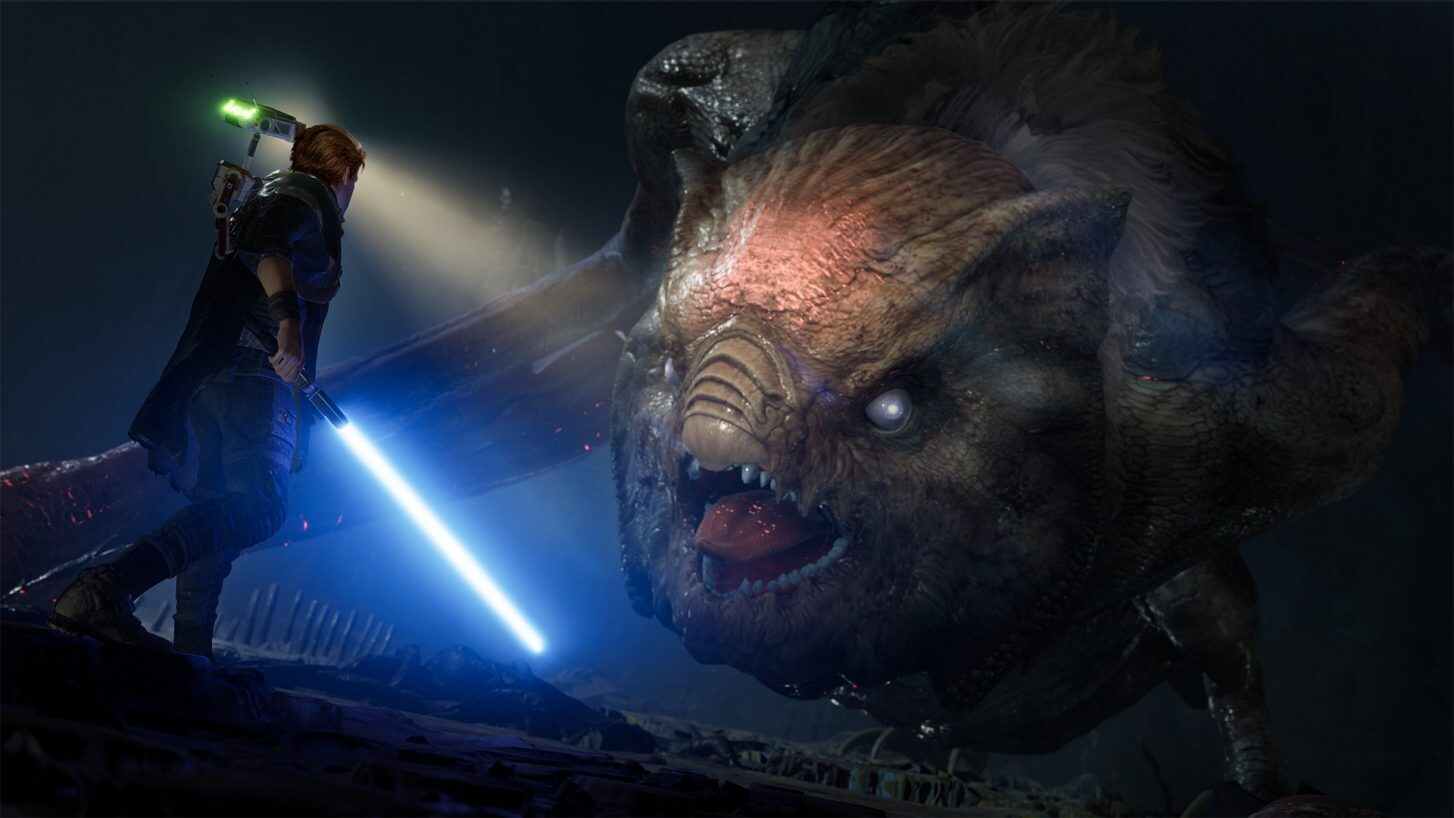
Those are just several of many aspects that I can’t discuss without spoiling the game, but other instances (that have been revealed in promotional trailers) include the Imperial security droid (RIP K2-SO) and radical rebel leader Saw Guerrera from Rogue One: A Star Wars Story.
It’s incredible how the folks at Respawn has managed to cram something from every nook and cranny of the Star Wars franchise, be they the Original, Prequel, or Sequel trilogy of movies or the animated shows.
That’s an impressive feat accomplished only by hours of research and consulting with the Lucasfilm creatives (who control the franchise canon). It could also be that they’re all just fans like me, which is evident from the game’s expansive world-building.
Most casual players will likely just gloss over these references and details in the game, but the Star Wars fan in me got giddy just from discovering remnants of Clone Troopers and Wookie memorials that serve as a grim reminder that the Clone Wars ended just half a decade ago.
Sights & Sounds
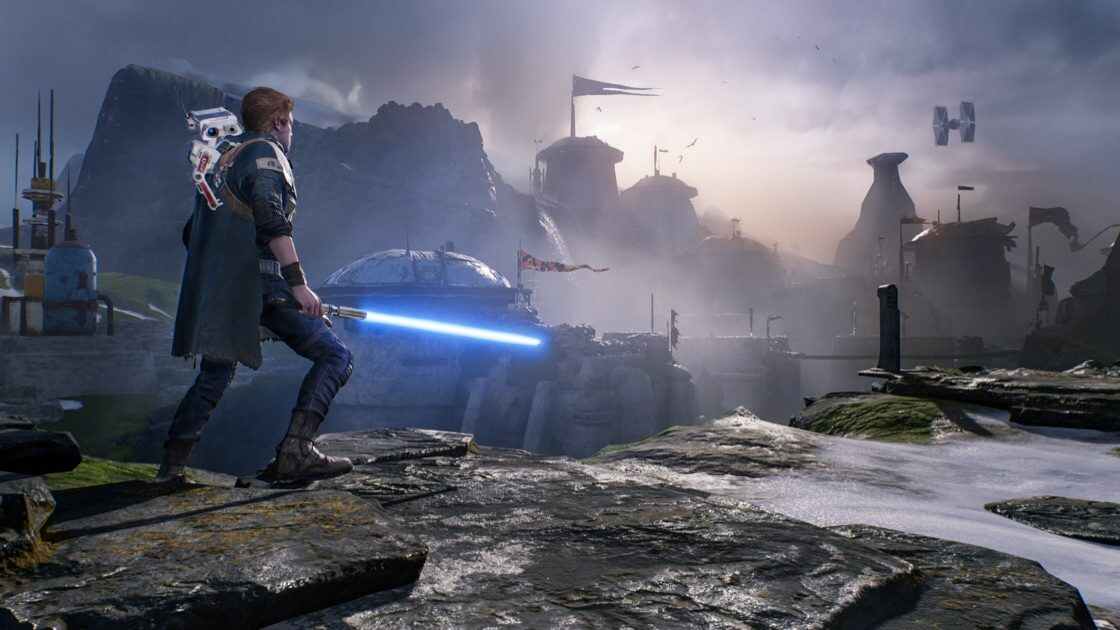
The true measure of a Star Wars property, be it a movie, TV show, or game, is in how authentic it looks and sounds. The franchise has built itself as a brand on how iconic the sights and sounds are. For instance, almost anyone can recognise the sound of a lightsaber switching on, a tie fighter wooshing across the sky, or even the sound of a normal blaster shot.
Star Wars Jedi: Fallen Order succeeds on both fronts, as Respawn has obviously painstakingly and lovingly created this game to be as authentic as possible.
The soundtrack for this game is not only quintessentially Star Wars but also amazing in its own right. Composers Gordy Haab and Stephen Barton have outdone themselves.
Thanks to the motion-capture technology, the characters in the game look great and well-animated, though some are better than others. A few details do look rough when viewed closely, including some of the Wookie grunts the player meets on Kashyyyk (who look dubiously freaky due to how their fur and faces are rendered) or even the water effects that don’t seem to be up to snuff (yes, there are parts where you have to swim and even submerge).
The Force Awakens
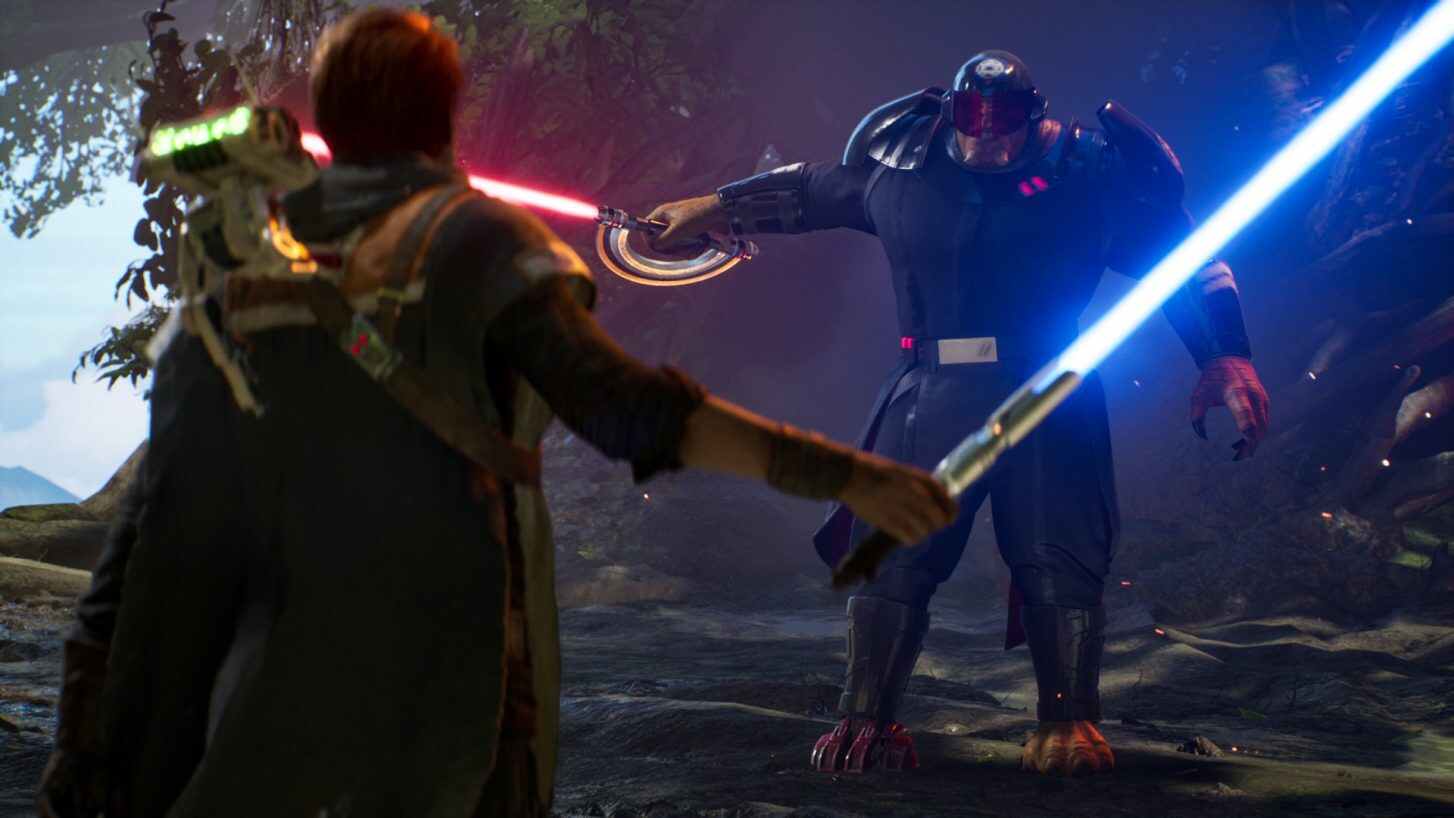
Star Wars Jedi: Fallen Order is an action-adventure game, blending the best parts of every iconic game in the past few generations of gaming. Respawn has decided to take familiar mechanics from popular franchises and making it their own, resulting in a game that doesn’t really offer anything new, but instead gives the player the best of everything.
As Cal Kestis, the player is dropped onto the first planet barely an hour into the game. You’re given a basic objective and a holo-map to guide you. However, how you ultimately reach that marker is up to you. There are no arrows or fixed path for you to follow.
Just like Remedy Entertainment’s Control earlier this year, Star Wars Jedi: Fallen Order encourages, or rather, emphasizes, exploration. There’s almost always something rewarding (cosmetics or Force Echoes) waiting for you there.
The game’s protagonist, Cal Kestis, has a specific Force-sensitive ability called psychometry.
It works like he’s an empath, able to understand and experience the latent feelings or Force energy left behind on an object or environment.
In the game, players can learn more details about the lore-heavy world crafted by Respawn by finding these Force Echoes strewn throughout the game (oh, and they also reward XP when discovered so that’s an incentive too).
Other collectibles in the game include cosmetic items. There are four accessories that players can customize and change their colours/skin, including Cal’s poncho skin, the colour of Cal’s interior jacket, the droid BD-1’s skin, and the Mantis’ skin (your ship). Fans of the franchise will also appreciate that you can customize your lightsaber hilt’s many different separate working parts; including its emitter, switch, sleeve, material (colour of the hilt), and of course, the colour of the lightsaber beam itself.
It’s refreshing that the game lets you do your own thing and find your own way to the objective. For instance, I encountered my first optional sub-boss barely two hours into the game, on the very first planet I landed on. It took me by surprise, as I didn’t expect anything like that so early in my playthrough of the game.
Just like Control and other Metroidvania games, you won’t be able to explore 100 percent of a planet during your first visit, as many parts of the map will require specific abilities to traverse. Each of these planets is massive in scale and will take you quite a while to really complete exploring, and the game doesn’t force you to go any of these planets in any particular order. It’s up to you.
I would also like to point out how helpful the holo-map is, as it points out which areas you can go (marked in green) and where you can’t go because you still don’t have the necessary ability to traverse it yet (marked in red).
You don’t have to waste time trying to reach that corner or ledge if you know that there’s simply no possible way for you to reach it yet.
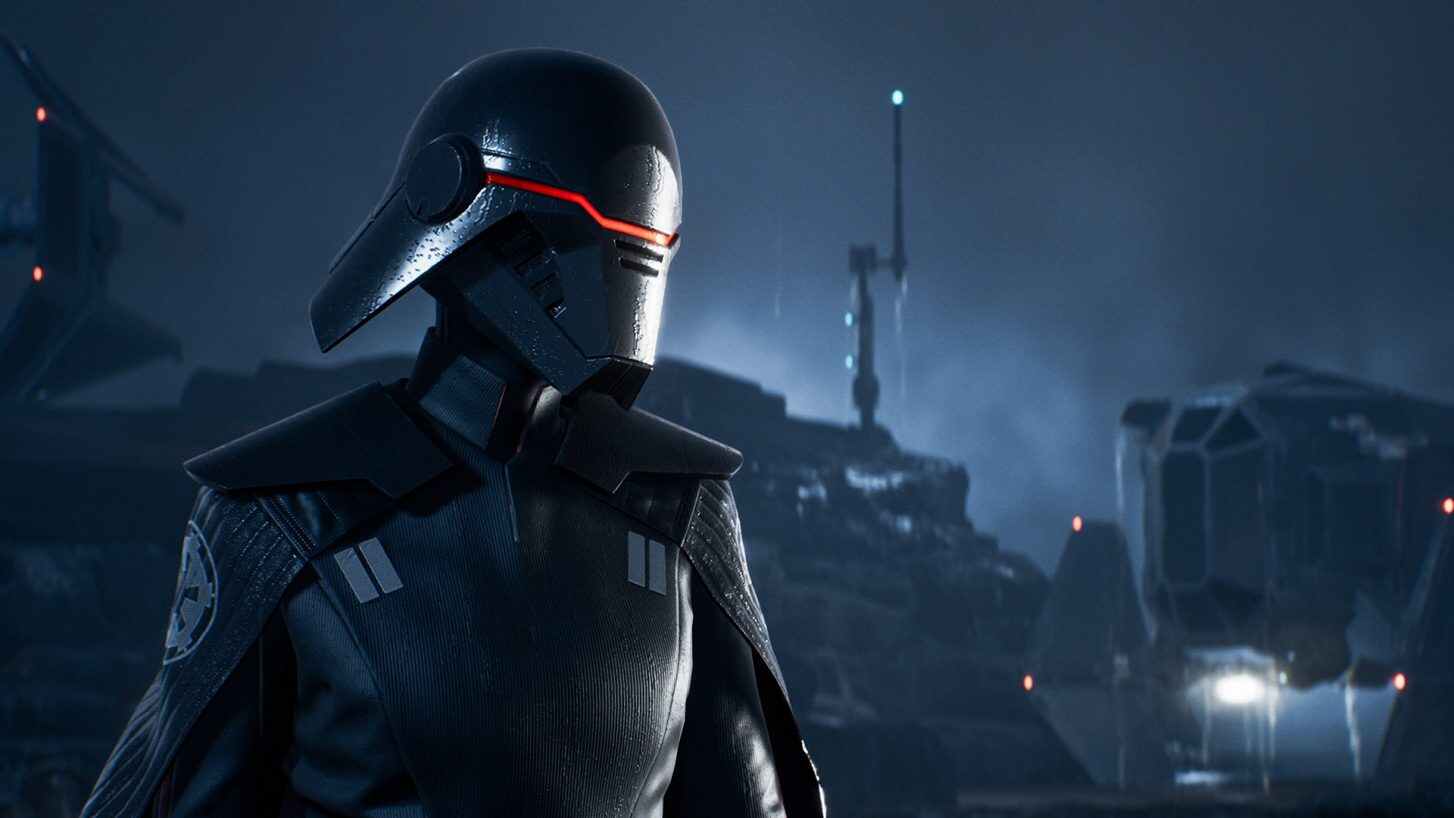
For a game that encourages exploration but lacks fast-travel of any kind, it’s a blessing that traversing in the game is such a joy.
Once you gain all your Force abilities, you’ll be wall-running like in the Prince Of Persia games, jumping from ledge to ledge and climbing walls like Uncharted‘s Nathan Drake, and double jumping around like a platformer game mascot on steroids.
Oh, and I appreciate the fact that the developers have decided to remove any kind of fall damage whatsoever. This makes traversal in the game even more enjoyable than it already is, not having to worry about falling and losing precious health just because you fell from a slightly elevated position.
The combat in Star Wars Jedi: Fallen Order is closest in comparison to the Soulsborne genre of games, as it follows the trend of gameplay mechanics set by games like the Dark Souls franchise and Sekiro: Shadows Die Twice.
Because of that, you can’t simply hack and slash your way like in Star Wars The Force Unleashed or mash the attack button like in the Batman: Arkham titles.
Well, maybe you can do so on the lowest difficulty, but that’s not the ideal experience. There are four difficulty levels to choose from, each of which controls three variables: the amount of time you have to parry enemy attacks (parry timing window), damage taken from enemies, and enemy aggression. The most vital to changing your combat experience is, of course, the parry timing window.
While the combat in the game seems simplistic at the beginning of the game (with only square for normal attacks and triangle for heavy attacks), you need to parry or dodge to stay alive during combat. Just like in Sekiro: Shadows Die Twice, both the player and enemies have a parry meter. The key to beating an opponent is to drain or break this meter, which will then allow for killing blows or attacks that deal real damage. Parrying will do more to drain this meter, but enemy attacks that glow in red are unblockable, so you need to time your dodges as well.
Enemies range from different types of Stormtroopers to various types of animals, each of which has detailed pages of text ready for you to read on if you so wish. I love games that feature these sort of Wikipedia codex for each enemy type you face in the game, as I think it adds even more attention to detail, on top of everything else.
Aside from his lightsaber, Cal Kestis has a relatively conservative repertoire of Force skills. There are only three in the game, including Force Push, Force Pull, and Force Slow. These skills can be upgraded via the game’s skill tree (you accumulate XP by killing enemies and finding Force echoes, more on that later). These Force abilities will be used not only during combat but are also required to traverse the world and solve puzzles.
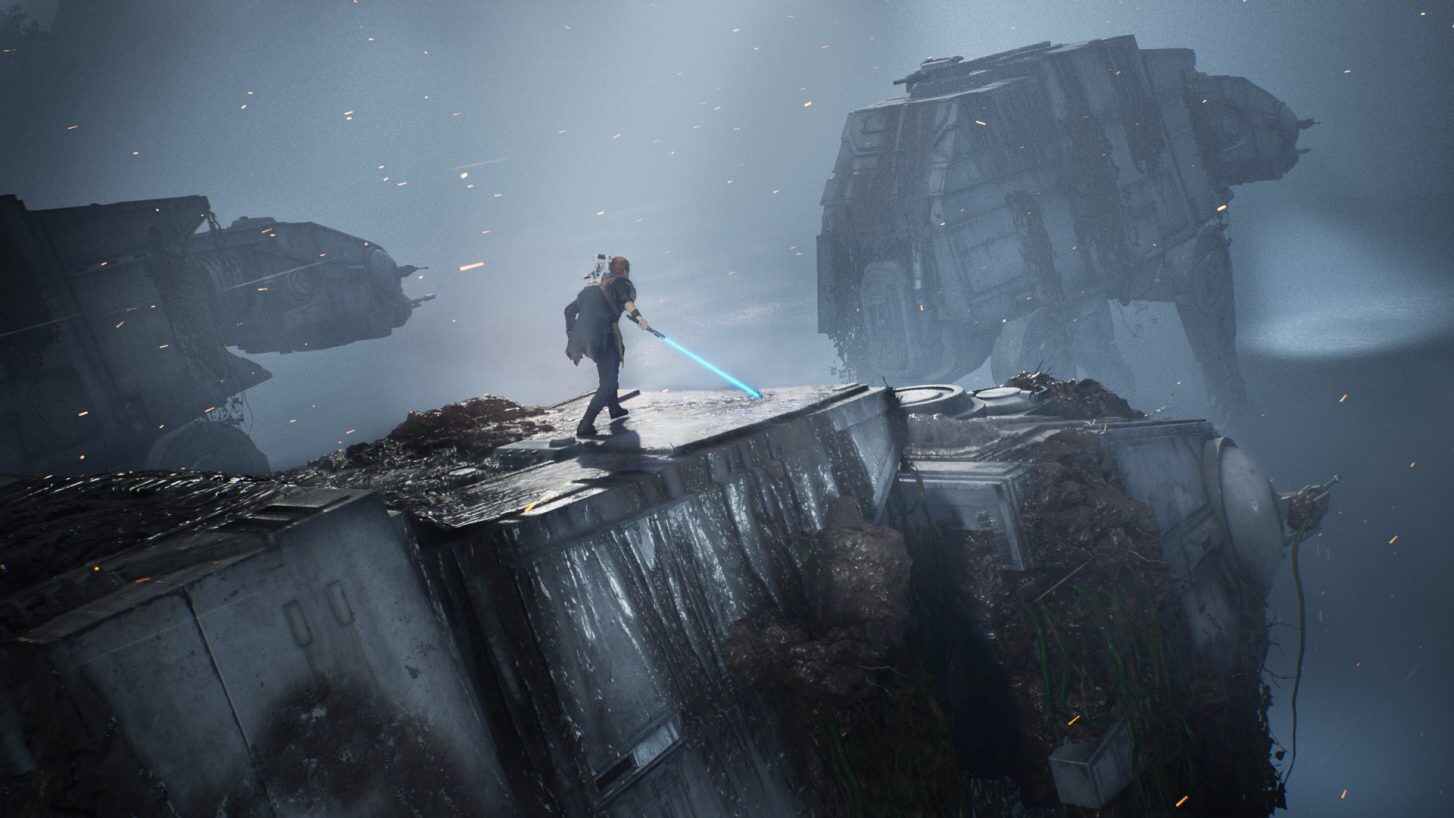
On that note, I’m a bit disappointed that Remedy’s Control actually pulled off Force abilities better than actual Star Wars game. To be fair, the physics system and engine in Control was revolutionary, making the act of executing the Push mechanic in that game feel more satisfying than using Force Push in Star Wars Jedi: Fallen Order. Perhaps something Respawn could take into consideration when making a sequel.
In Star Wars Jedi: Fallen Order, players can only save their game by discovering meditation circles ala the bonfires in Dark Souls and idols in Sekiro: Shadows Die Twice. You can also rest at these locations to restore your health and amount of stim packs (healing items). However, resting comes with a caveat; all enemies will respawn on the map. On harder difficulties, you’d be wise to choose whether to risk resting or not, especially with the dire consequences of death in the game.
Death in Star Wars Jedi: Fallen Order feels similar to Sekiro or the Dark Souls games too. In a meta-reference to the iconic “You Died” game-over screen in the Soulsborne games, dying in this game will prompt a black screen with the word “RESPAWN” to appear. Dying will cause you to lose all XP you’ve gained on that map. The only way to regain that precious XP is to face the enemy that killed you.
Thankfully, this game is still less punishing and a lot more forgivable than the Soulsborne games. Players only need to land a single blow on that particular enemy to regain all your lost XP, which essentially gives you a second (or third, fourth, etc.) opportunity to face that same enemy at your best, instead of forcing you to try and beat it again at a disadvantage like in the Soulsborne games.
In addition to the combat and traversal, players can look forward to several setpieces, one of which is the previously-revealed hijacking and commandeering an AT-AT on the planet Kashyyyk. While nothing else beats the sheer manic fun of that particular setpiece, there are still some that inspire awe on an epic scale.
Most players can finish the game around 20 to 30 hours, but that number increases if players take the time to explore and try to search for every single hidden collectible and secret in the game. That’s neither too long or too short in my books, as the length is optimal for a single-player game like this.
However, the ending of Star Wars Jedi: Fallen Order sort of falls a bit flat, as it feels like the developers wanted to rush to the conclusion and opted for a safer risk-free ending, instead of providing a more definitive one instead. The game would have benefitted from a slower and more methodical pace near the climax.
Playing Star Wars Jedi: Fallen Order does evoke similar feelings and vibes that I experienced while playing Sony Santa Monica’s masterpiece, 2018’s God Of War. But there are several reasons (which I’ve listed below) why Respawn’s brilliant game is still miles away from deserving a perfect score like God Of War.
Technical Hiccups & Limitations
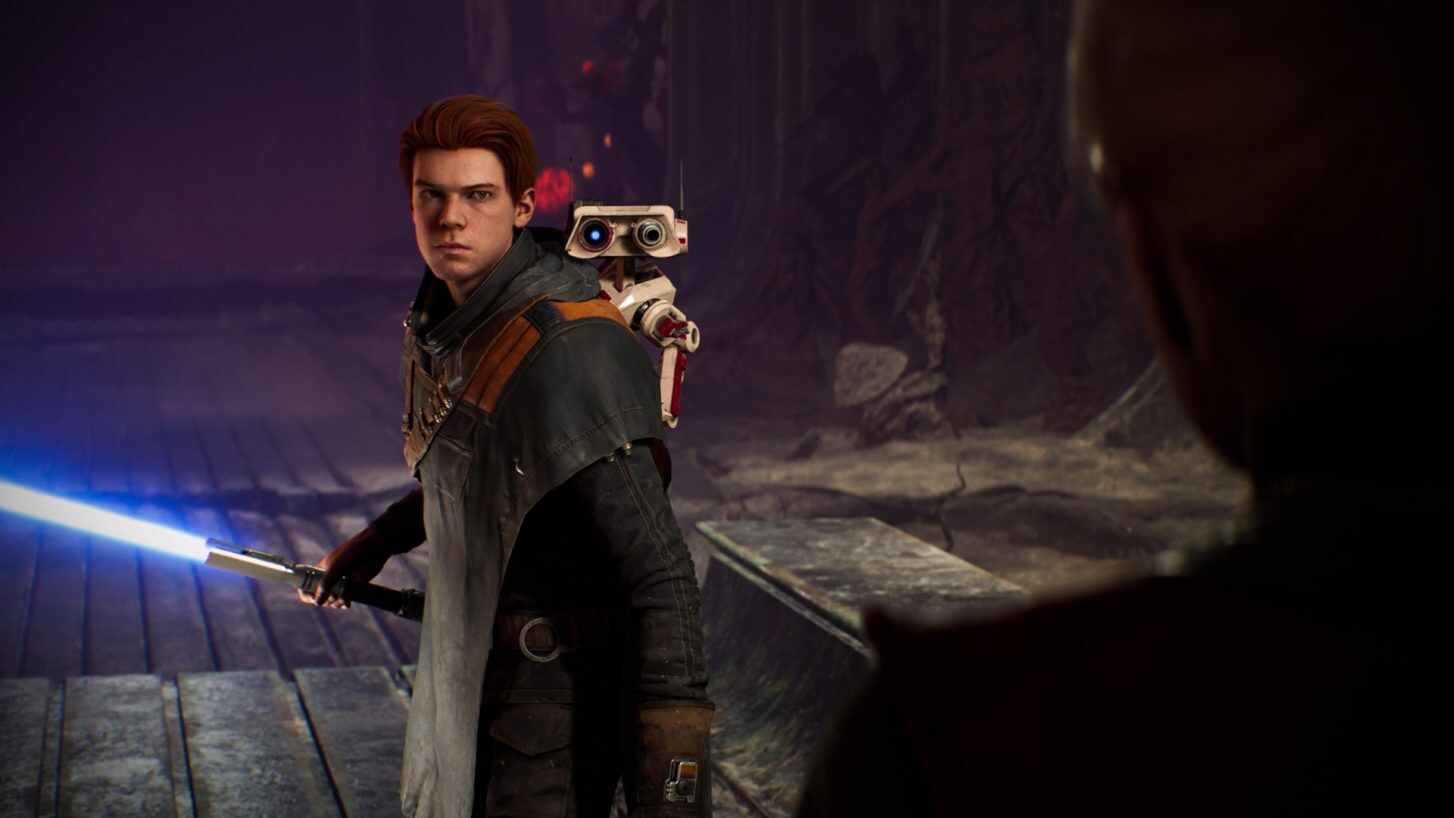
Star Wars Jedi: Fallen Order suffers from several technical problems and limitations. First and foremost, it doesn’t really run well even on my PS4 Pro.
Although the settings offer a Performance Mode for stable FPS at 1080p resolution (which I turned on before playing the game), it didn’t make much of a difference during gameplay, as the framerate would be anything but stable.
How bad is it? Well, you can expect choppy framerate not only during combat situations but also when traversing through the world and during cutscenes. I got used to it after a few hours, but it was jarring at first. Remedy’s Control also suffered from a similar problem on my PS4 Pro.
This choppy framerate becomes a glaring problem in combat situations that require more precise parry timings, or during cutscenes with severe pop-up involving characters, breaking your immersion in the game when characters seemingly appear and disappear into thin air.
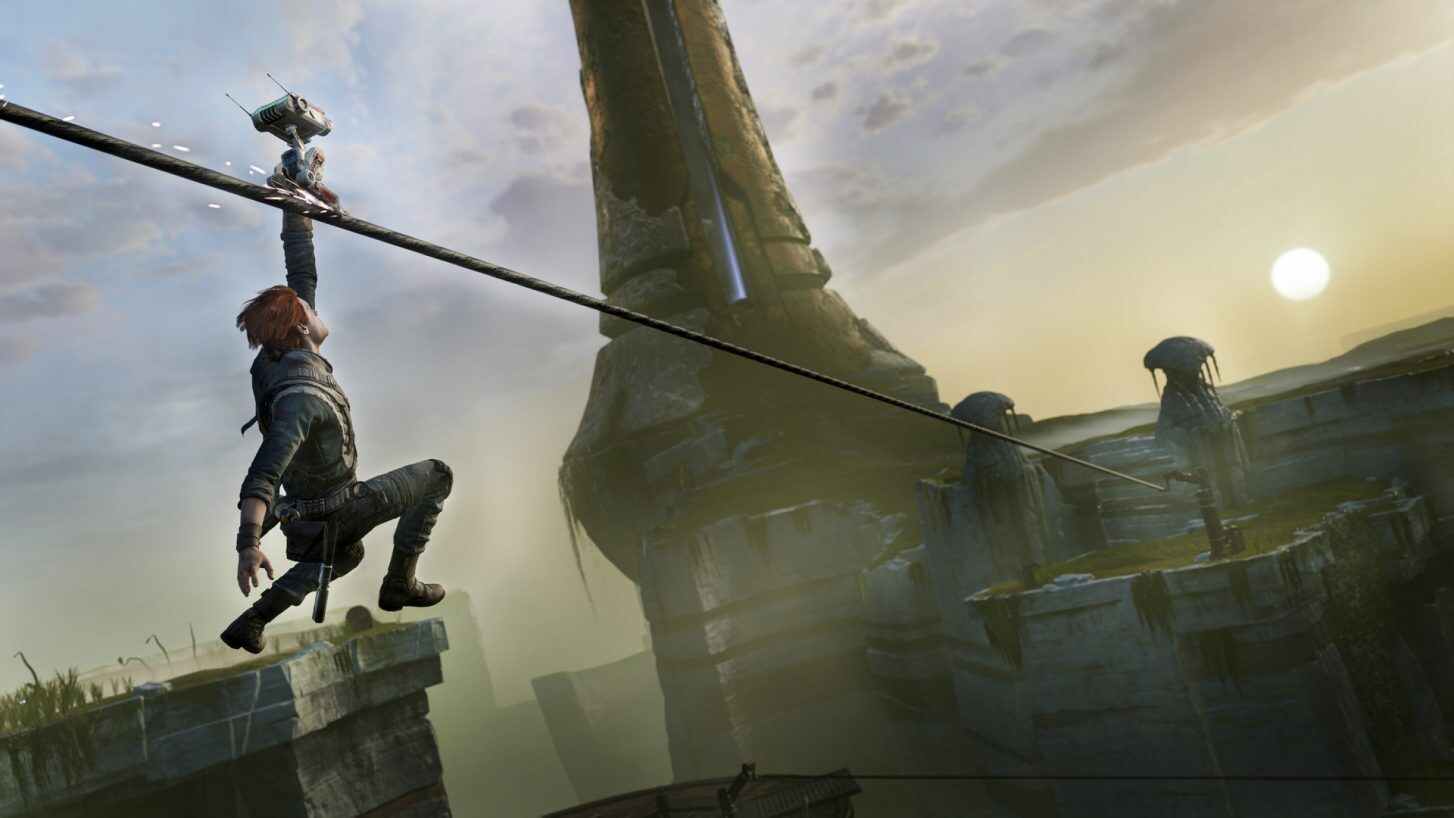
I also have bad news for Star Wars fans who expect to satisfy their fantasies of leaning towards the Dark Side. That’s where the game’s narrative causes limitations in gameplay variety, so let me just clarify it right now.
There are no Dark Side Force abilities in Star Wars Jedi: Fallen Order, and that includes the iconic Force Lightning, which even the flawed Star Wars: The Force Unleashed could boast of featuring. And no, you can’t wield red lightsabers (or dual-wield lightsabers at all times like Ahsoka Tano, for that matter).
Why? The answer is simple. All of the above goes against the game’s narrative, that Cal Kestis is a generic good-guy Jedi dude, and there’s nothing that you can do to change that. This game isn’t an RPG like Star Wars: KotOR, no matter how much you want it to be.
Return Of The Good Star Wars Games
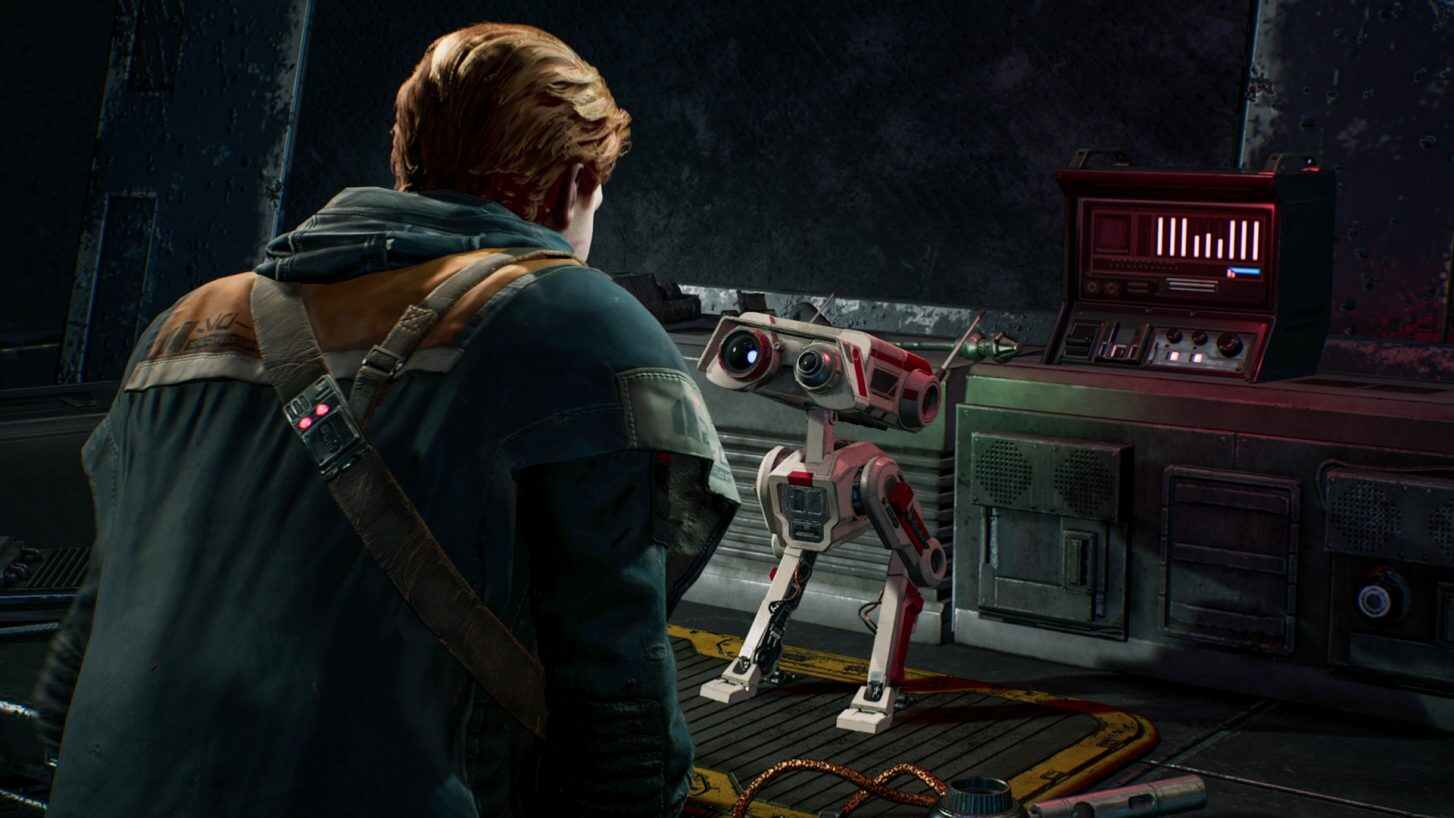
Star Wars Jedi: Fallen Order captures the spirit of Star Wars in a way that not many games before it has. This game was truthfully the last flicker of hope for a good Star Wars game, and Respawn definitely delivered that with a loving product that will stay relevant in the canon for many years to come.
The best thing about it all is that the ending of Star Wars Jedi: Fallen Order strongly indicates that Respawn, or the folks at Lucasfilm and Disney, are not finished with making more games like this one. If this game sells well (and I truly hope it does), it will spell a new era for Star Wars game, that hopefully brings even more equally-good games for the franchise in the future.
Star Wars Jedi: Fallen Order is neither perfect nor original. But it is a great game that’s a huge service for its sci-fi and gaming fans. That’s enough for now in this current time of Star Wars gaming deluge.
The Force is with us again, folks, and let’s hope it stays with us for much longer this time. Time will only tell if Star Wars Jedi Fallen Order will be as iconic as other Jedi-centric Star Wars games like Star Wars Jedi Knight II: Jedi Outcast and Star Wars: KotOR.
Pros
- Best Star Wars game in years.
- Great combination of gameplay mechanics from combat to exploration
- Attention to detail on multiple planets/worlds.
- No microtransactions.
Cons
- Technical problems & framerates.
- Some gameplay limitations.
- Weak ending.
FINAL SCORE: 90/100
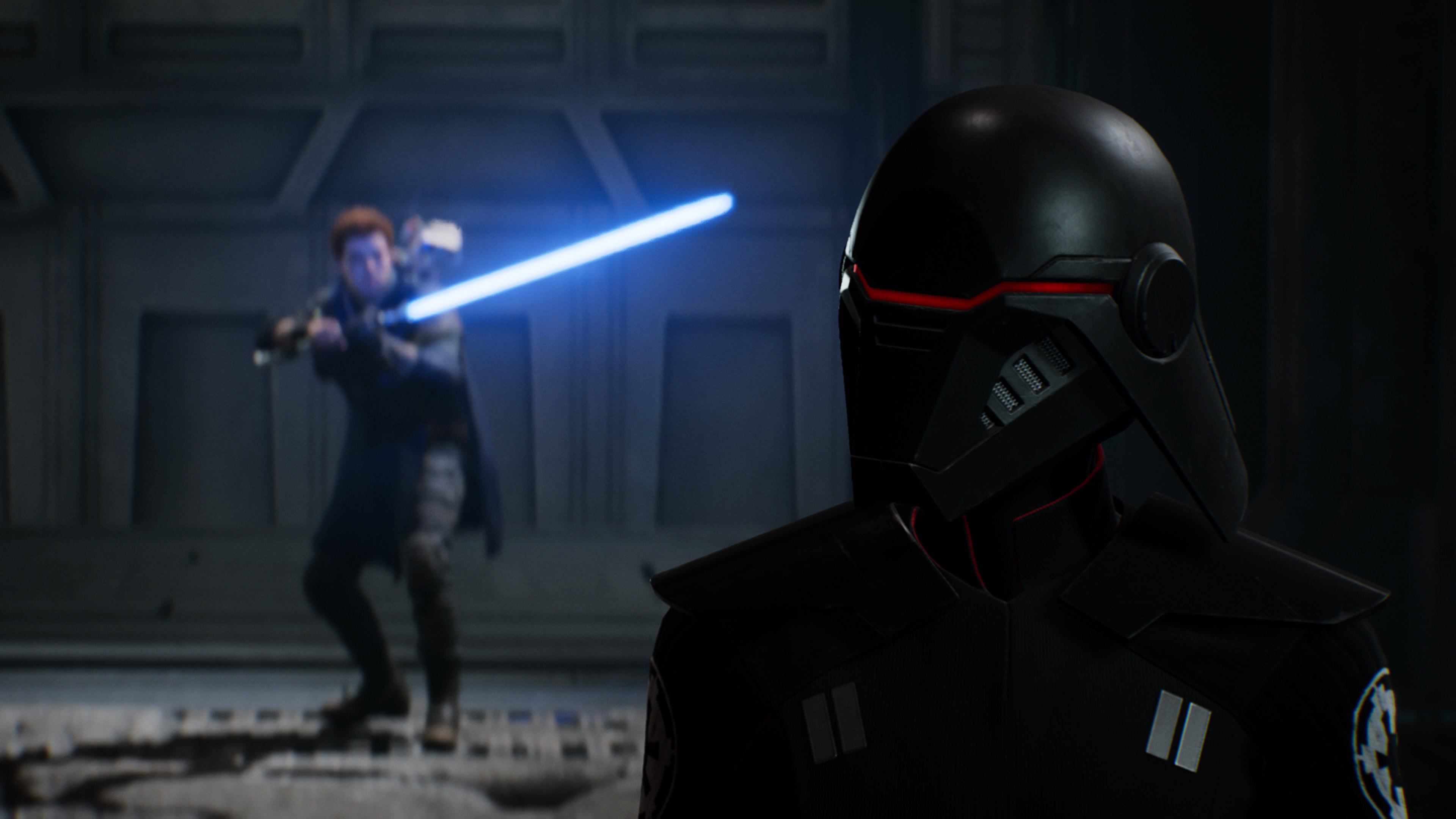
This game was reviewed on a PS4 Pro, with a review code provided by the game’s publisher.
4 thoughts on “Star Wars Jedi: Fallen Order Marks A New Hope For The Series’ Games”
-
Pingback: PS Plus January 2023 Gives Star Wars Jedi Fallen Order Ahead Of Jedi Survivor
-
Pingback: Star Wars Jedi Survivor: Everything You Need To Know Before Launch |
-
Pingback: Star Wars Jedi: Survivor Is Like Empire to Fallen Order’s A New Hope | KAKUCHOPUREI.COM
-
Pingback: How Ubisoft Aim to Cement Its Own Star Wars Outlaws Lore Between Two Mainline Star Wars Movies | Kakuchopurei
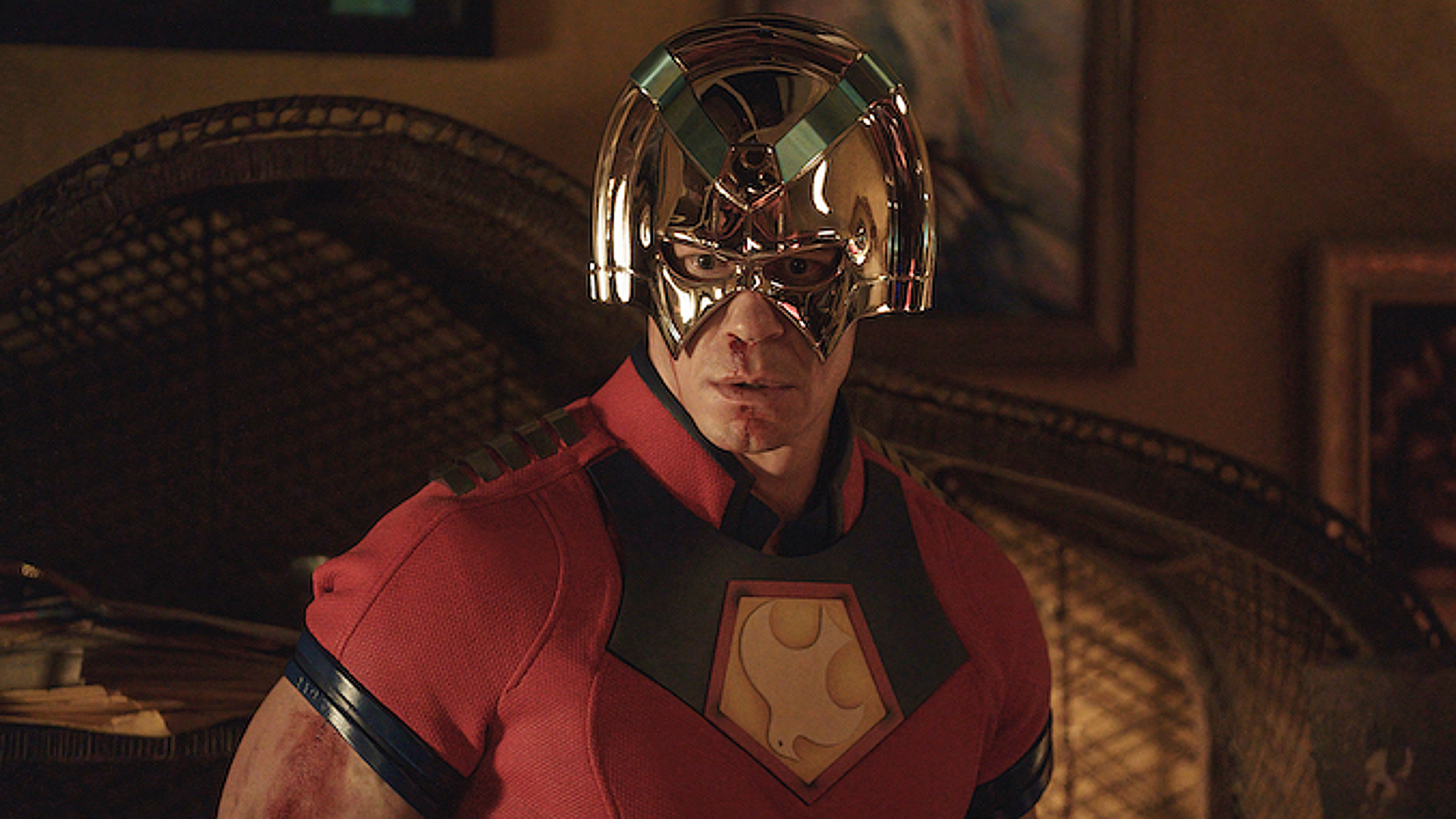
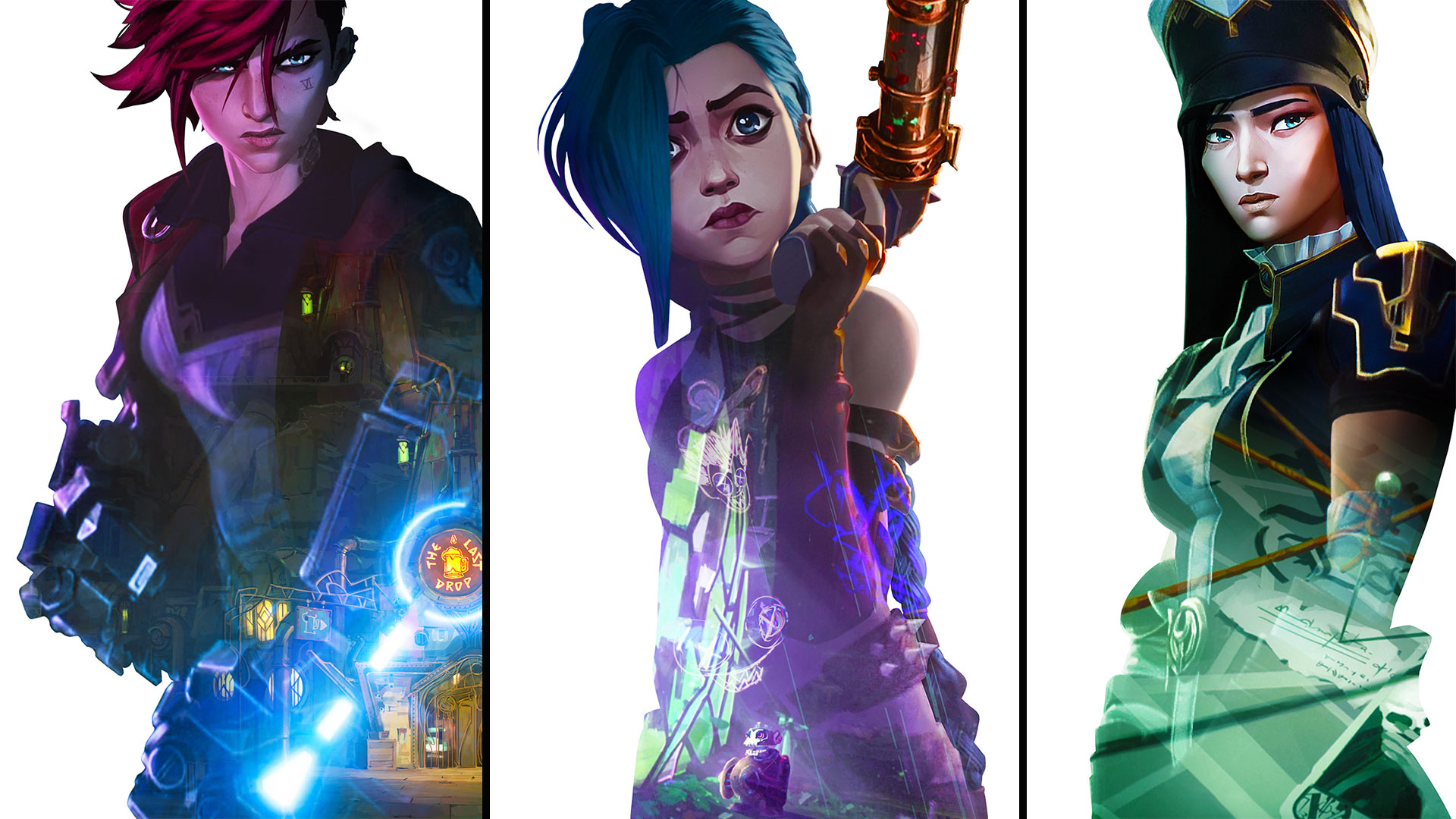
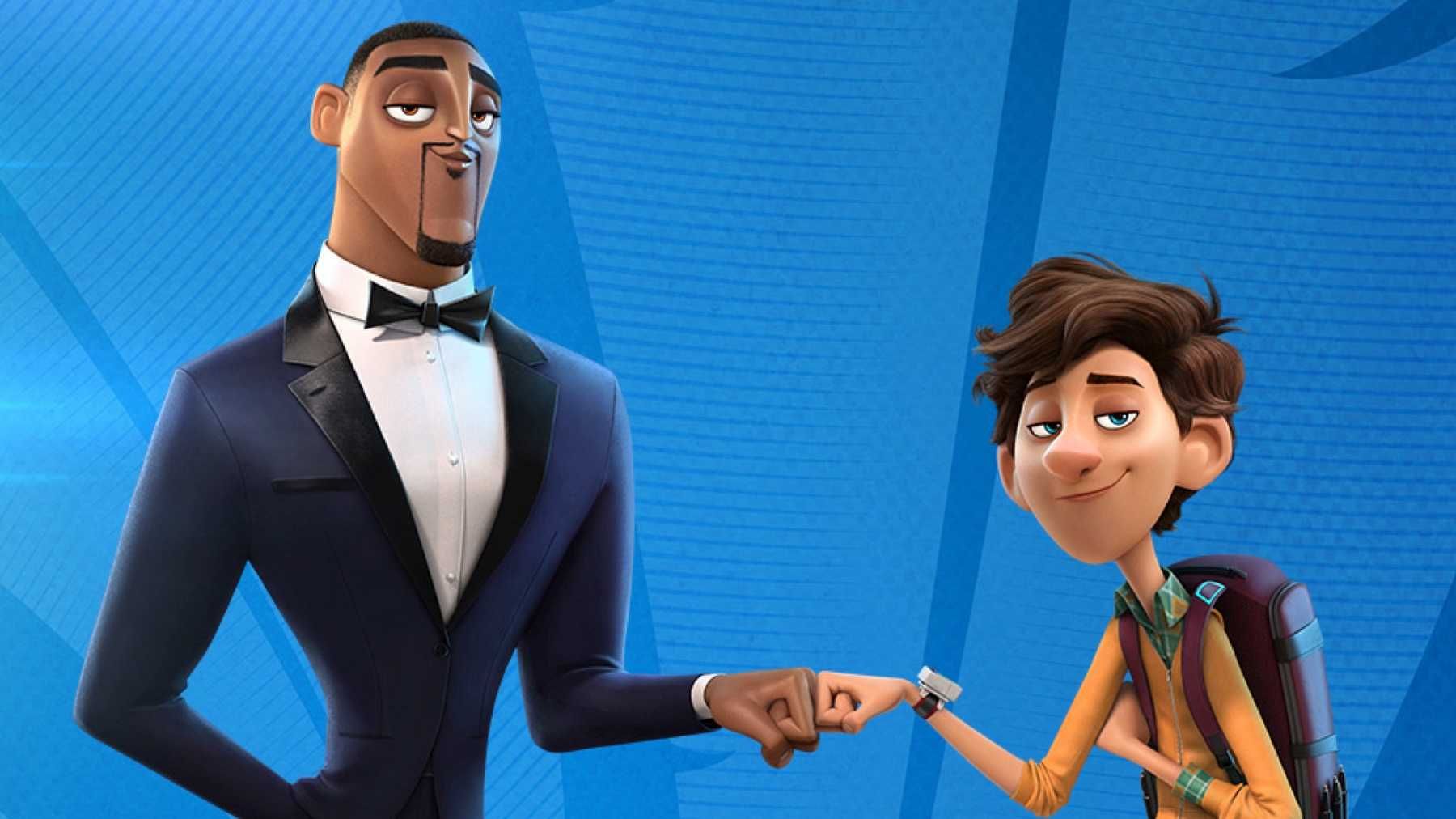
Leave a Comment